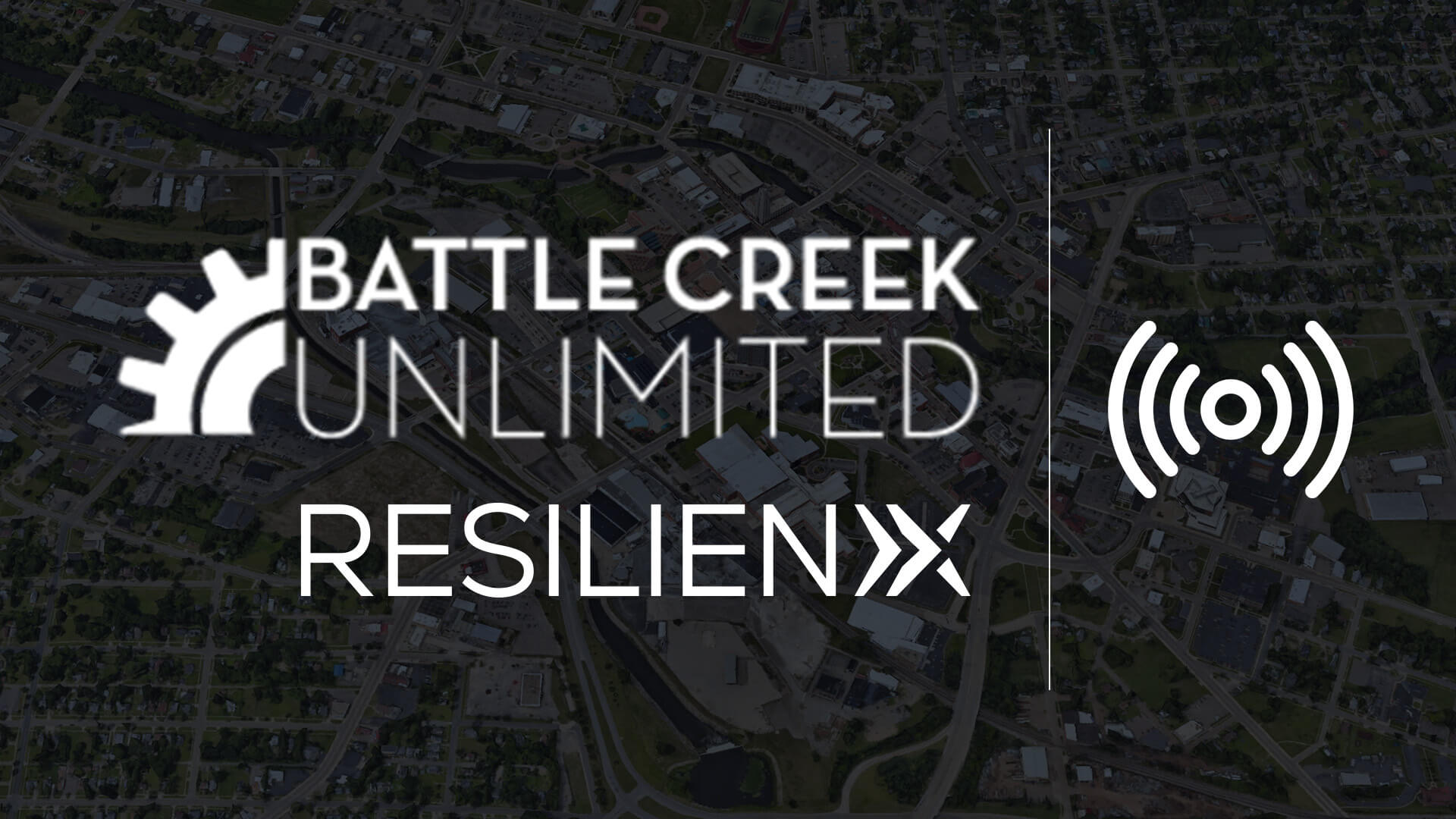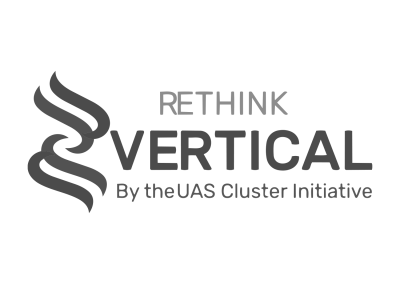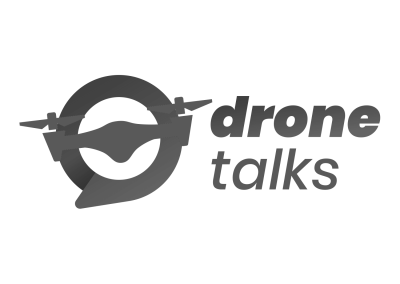ResilienX, Drone Companies & Ohio Universities Partner to Win Milestone Project
CAL Analytics recently secured a $1.4M contract with the Ohio Federal Research Network (OFRN) to lead the development of a contingency management platform (CMP) for beyond visual line of sight drone operations. Interoperability, Resiliency and Contingency Management for Ohio UAS Operations is one of six projects awarded in round four of OFRN’s Sustaining Ohio Aeronautical Readiness and Innovation Next Generation (SOARING) initiative. The collaborative effort brings together private companies–ResilienX, TruWeather Solutions, Kongsberg Geospatial, with higher education partners– Kent State University, and The Ohio State University.
OFRN is a program of the Wright State Applied Research Corporation, and has the mission to stimulate Ohio’s innovation economy through job and product creation by building statewide collaborations between university researchers, Ohio-based federal laboratories and businesses. OFRN’s SOARING initiative leverages funding from Ohio’s unique aerospace assets in overcoming critical technical barriers and business challenges to enable more widespread adoption of UAS into the national airspace.
As the prime contractor, CAL Analytics will lead system integration on the ground in Ohio, deploying the CMP to two customers: the Ohio Department of Transportation in Columbus, and the Air Force Research Lab in Springfield.
“We are really excited about this project, as it will start layering in some of the safety measures and procedures that are critical to operationalize routine UAS operations,” said Sean Calhoun, managing director of CAL Analytics and project lead. “We think this project will put a nice spotlight on Ohio and all the great UAS development work that is happening here.”
ResilienX, will contribute its proprietary software tool, FRAIHMWORK, that provides a robust health and integrity monitoring platform to ensure the safety and resiliency of networked systems.
“From our experience working with drones in the national air space, we know there are two difficult questions that the industry will have to answer: How do you know everything is working correctly? And, what do you do when something goes wrong? Deploying our CMP in Ohio is the first step to answering these important questions for this burgeoning industry,” said Andrew Carter, president & CTO of ResilienX.
Geospatial software company, Kongsberg Geospatial, will contribute IRIS UxS: a real-time airspace visualization system for Beyond Visual Line-of-Sight (BVLOS) mission management that allows a single operator to manage multiple aircraft. The system combines live data from a variety of sensors to create a real-time picture of the airspace where UAS are being operated.
“For the past few years, we’ve been working on improving safety for BVLOS UAS missions through the development of IRIS UxS,” said Company Vice President, Paige Cutland. “The IRIS system is now actively deployed for a variety of long-range mission applications including drone delivery, pipeline inspection and emergency airspace operations.”
TruWeather Solutions will deploy its dynamic platform that collects and presents real-time, predictive micro-weather analytics and insights.
“Our goal is to be the best UAS weather service in the world,” said Don Berchoff, CEO of TruWeather. “To be the best in a data-centric business, your data better be as accurate as possible, trusted and reliable. Our collaboration with Ohio will raise TruWeather to the forefront as a data-trusted micro-weather service to keep people on the ground safe and airframes productive.”
The project also includes two Ohio-based universities. Kent State brings extensive knowledge of air traffic control (ATC) and the national airspace.
“We will be using our state-of-the-art ATC Simulator to test BVLOS capabilities and interaction of UAS Traffic Management with the current ATC infrastructure,” said Jenna Merriman, a lecturer with the University. “We are most excited to be a part of a project that could help in the architecture of UAS airspace.”
Ohio State was selected for its expertise in resilience engineering and human-autonomy teaming.
Dr. Martijn IJtsma, assistant-professor at OSU’s Integrated Systems Engineering department said, “OSU has a long and successful track record studying resilience in complex, safety-critical systems. One of the challenges for contingency management in UTM is to design the system and
its operations to support fluent coordination and adaptation between multiple distributed actors. We use modeling and simulation techniques to identify how we can support joint activity during edge case scenarios and make recommendations for creating a resilient UTM system.”
The project is a few weeks into the 18-month period of performance and is expected to wrap up during the summer of 2021 with final demonstrations to take place in both Springfield and Columbus, Ohio.








